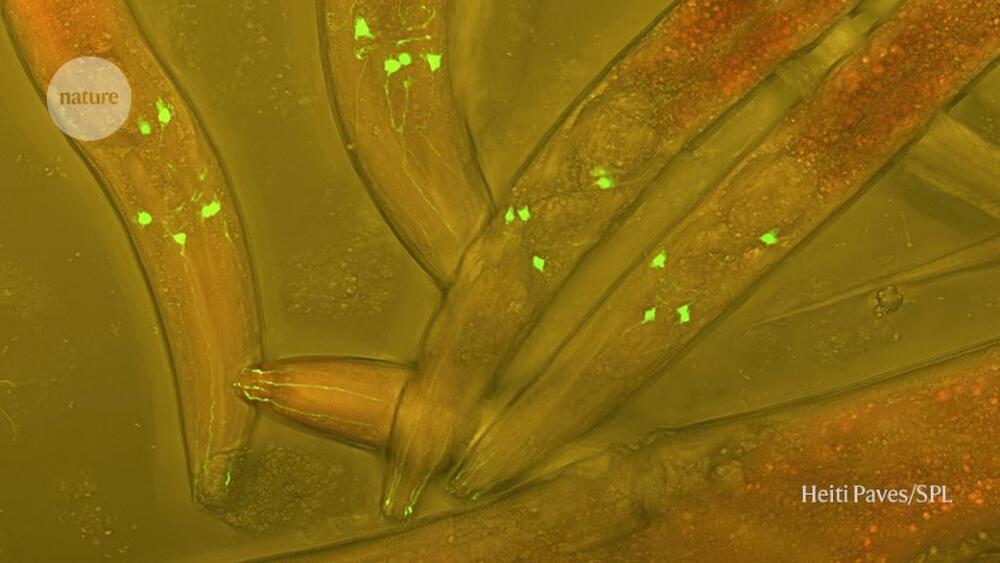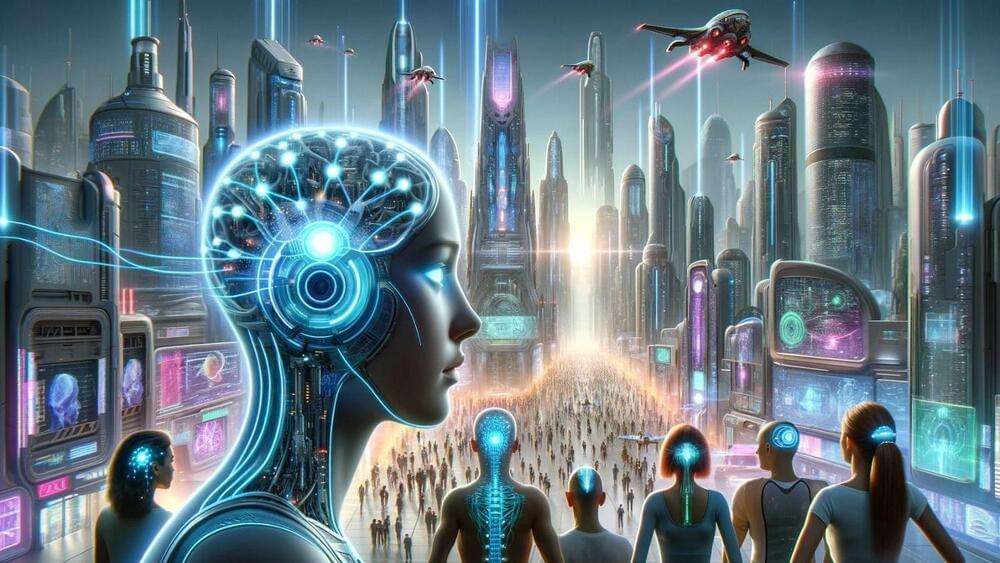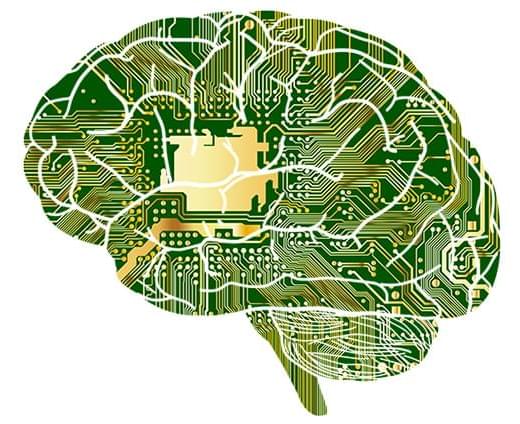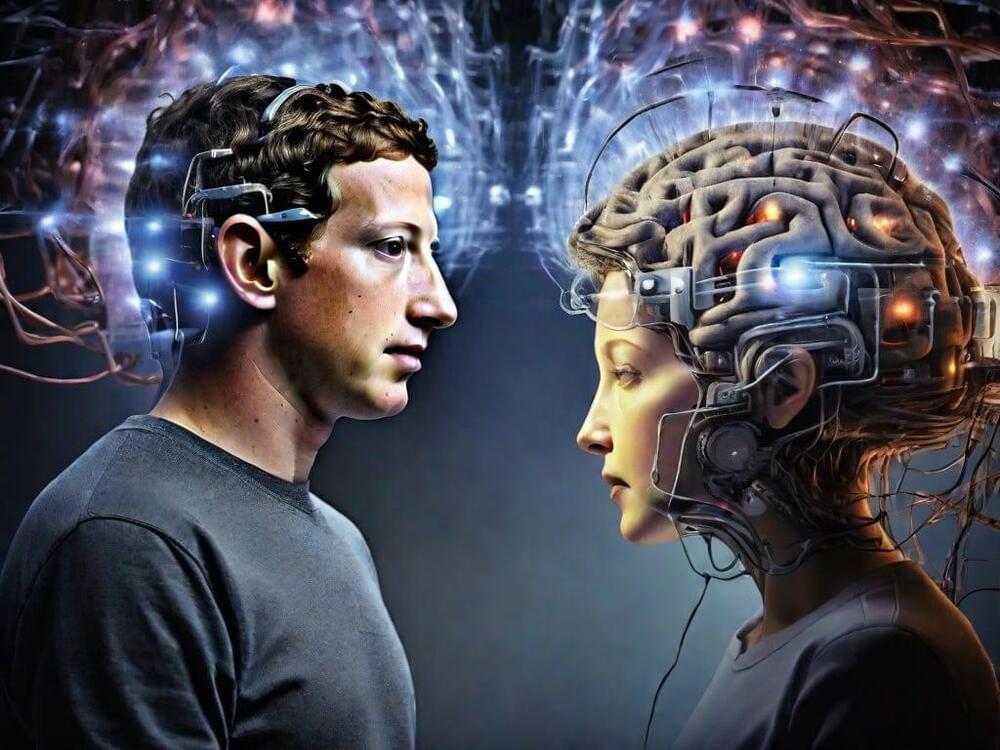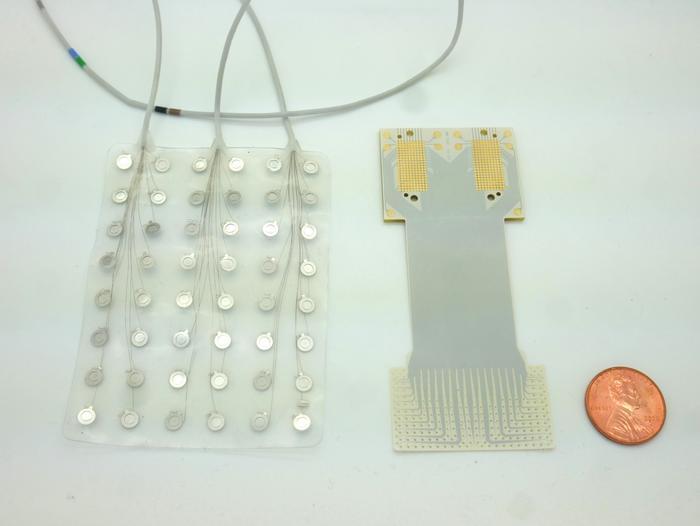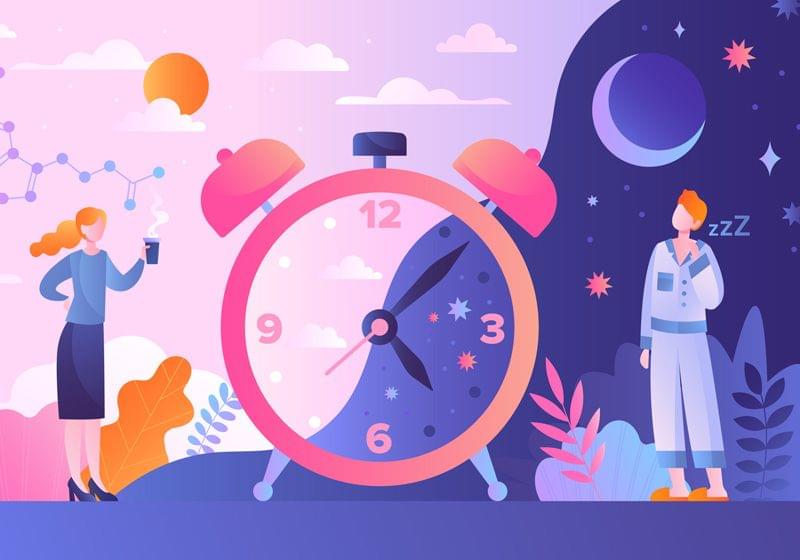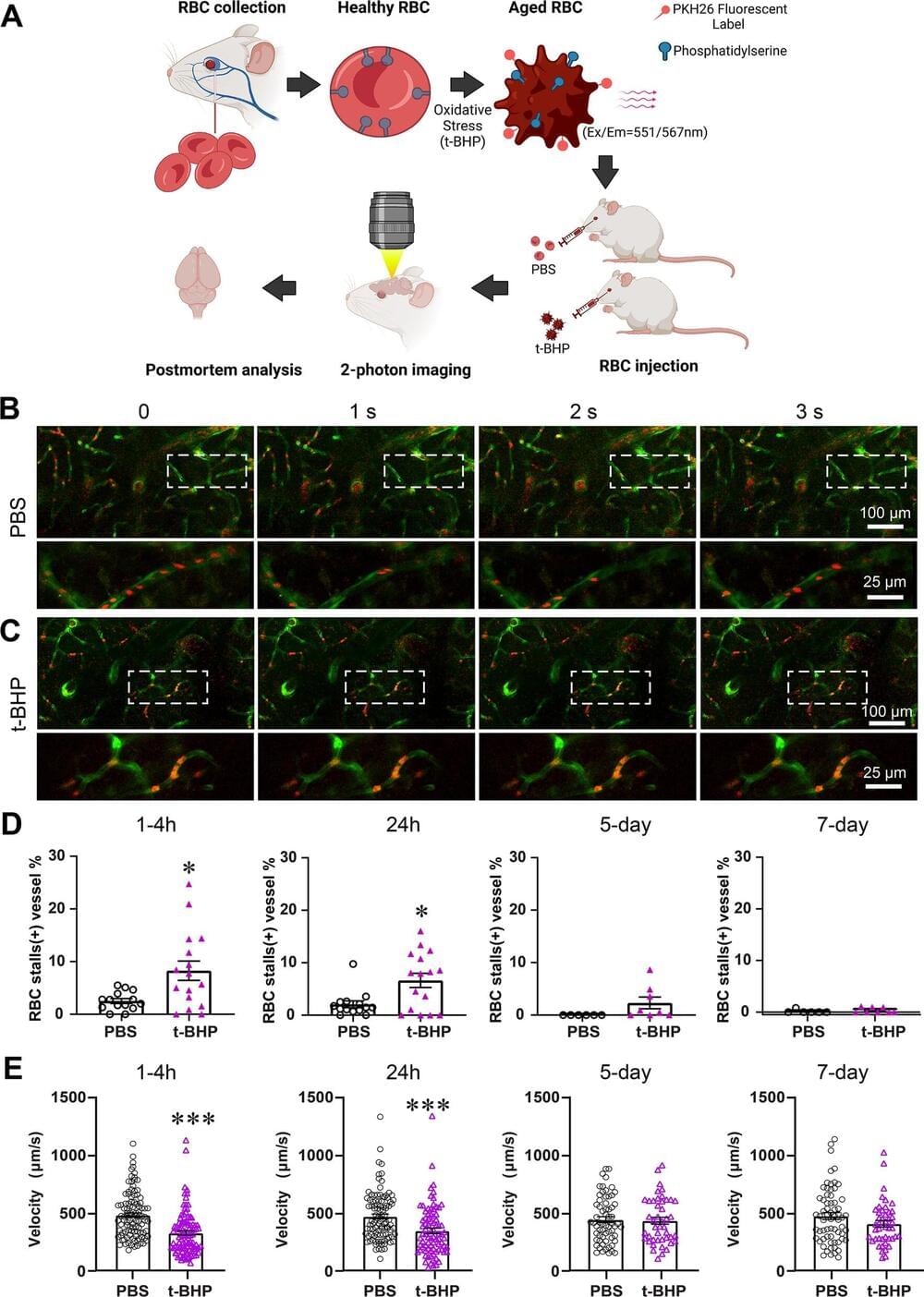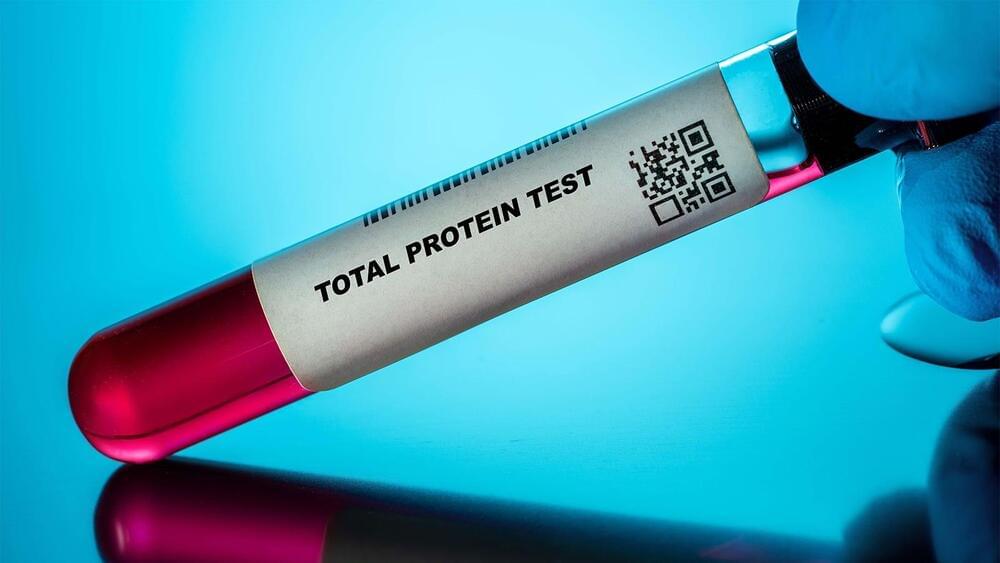
Protein indicators of subclinical peripheral heath in plasma were linked with markers of Alzheimer’s disease and neurodegeneration, cross-sectional proteomic analyses showed.
Greater protein-based risk for cardiovascular disease, heart failure mortality, and kidney disease was associated with plasma biomarkers of amyloid-beta, phosphorylated tau181 (p-tau181), neurofilament light (NfL, a measure of neuronal injury), and glial fibrillary acidic protein (GFAP, a measure of astrogliosis), even in people without cardiovascular or kidney disease, reported Keenan Walker, PhD, of the National Institute on Aging in Baltimore, and co-authors.
Proteomic indicators of body fat percentage, lean body mass, and visceral fat also were tied to p-tau181, NfL, and GFAP, Walker and colleagues wrote in the Annals of Neurology.
